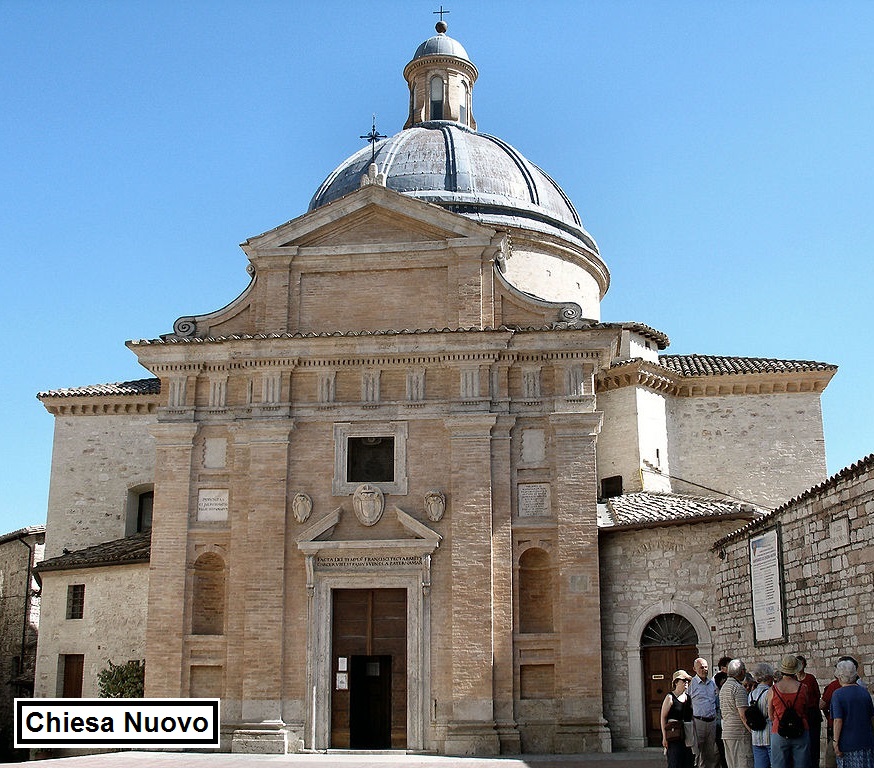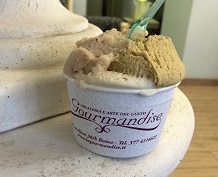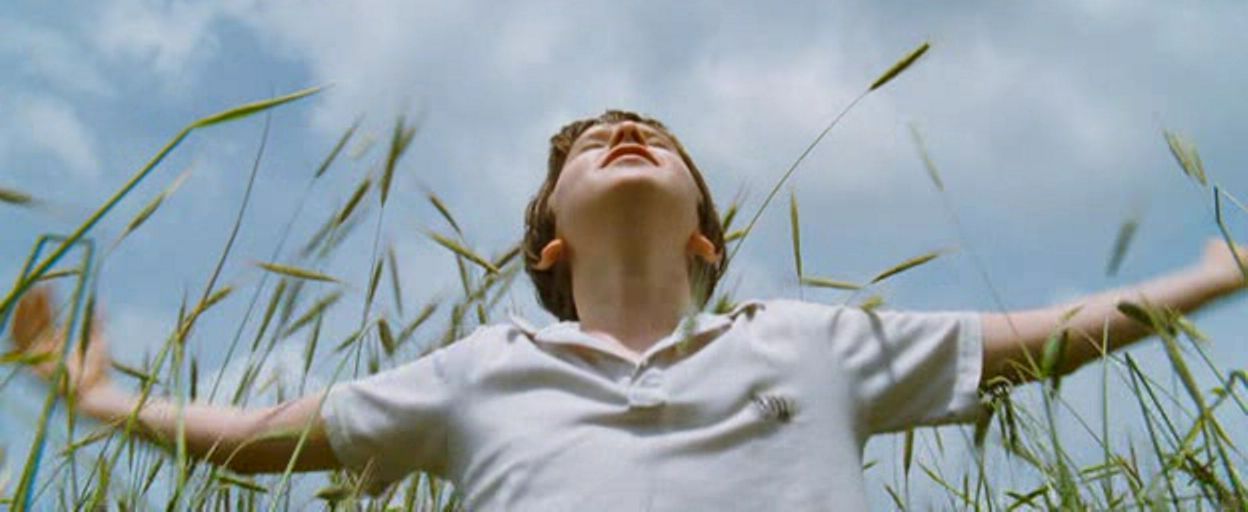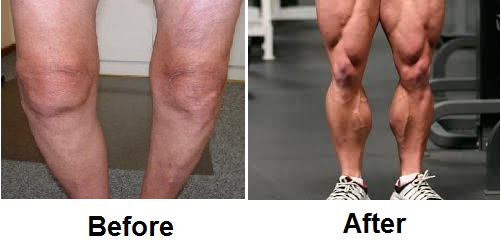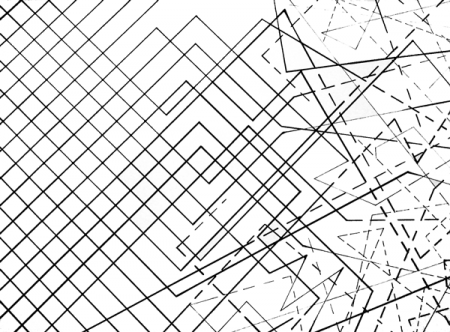A Promise to Breathe
/“What are you going to write about this week?” asked Cyndi. She was taking my happy birthday peach cobbler out of the oven (I’m not a cake man (the cobbler was amazing)). “I don’t know yet. I’m at a loss. And forgot today was Wednesday and my piece is due tomorrow.”
“What do you think I should write about?” I asked.
“Just don’t write about the lowering-your-pulse-contest-with-yourself you had in post-op. Nobody wants to hear about that.”
Before my surgery last week I assumed this slowed-down recovery time would be rich with insights and ideas. But the truth is, my journal - where I write daily - is surprisingly thin lately. Most of what I’ve written is about rehab exercises and medication and daily details. I anticipated more. I’d hoped to be more productive.
Cyndi pulled out her iPad and read this poem to me by Danna Faulds:
It only takes a reminder to breathe,
a moment to be still, and just like that,
something in me settles, softens, makes
space for imperfection. The harsh voice
of judgement drops to a whisper and I
remember again that life isn’t a rely
race; that we all will cross the finish
line; that waking up to life is what we
were born for. As many times as I
forget, to catch myself charging forward
without even knowing where I am going,
that many times I can make the choice
to stop, to breathe, and be, and walk
slowly into the mystery.
“It only takes a reminder to breathe, a moment to be still, and something in me settles.” Those are good words. As she read, my mind traveled back to a morning in the Guadalupe Mountains, at the junction of Tejas and Juniper Trails, when I sat on a fallen log planning to spend some time writing in my journal, but instead, I simply sat still and breathed and listened for a half hour and allowed the sounds of the forest to soak into my heart.
 The significance of the moment surprised me. I am so process-driven in most of my life I seldom stop and listen just to stop and listen. It turned out that “doing nothing” was important to this “doing stuff” guy.
The significance of the moment surprised me. I am so process-driven in most of my life I seldom stop and listen just to stop and listen. It turned out that “doing nothing” was important to this “doing stuff” guy.
I told Cyndi, after she finished reading the poem, “That trail junction, sitting and breathing, became a thin spot for me. I stop and sit every time I hike past that fallen log.”
So what does that tell me about surgery rehab? Will it be one of my thin places if I’m prepared to slow down, sit, and breathe? How can I make this time as productive as I’d imagined?
For the past three months I’ve been looking forward to knee replacement surgery, or more accurately, to my new life on the other side. It’s hard to be patient and let the healing take place. I want to heal faster. I’m ready to be back on the trail.
Sit and breathe and wait.
I am so in love with the idea of a lifelong search for God, which for me is an active process, I forget about silence and listening.
So here is my challenge to myself for this summer. I will continue to work hard at rehab and recovery, but I’m determined to listen and breathe, not try to force the insights or plan good writing.
Sit and breathe and wait.
“I run in the path of Your commands, for You have set my heart free.” Psalm 119:32
I need your help. If you enjoyed reading this, please share with your friends. You can find more of my writing on my weekly blog, read insights on Tumblr, and follow me on Twitter and Facebook.


